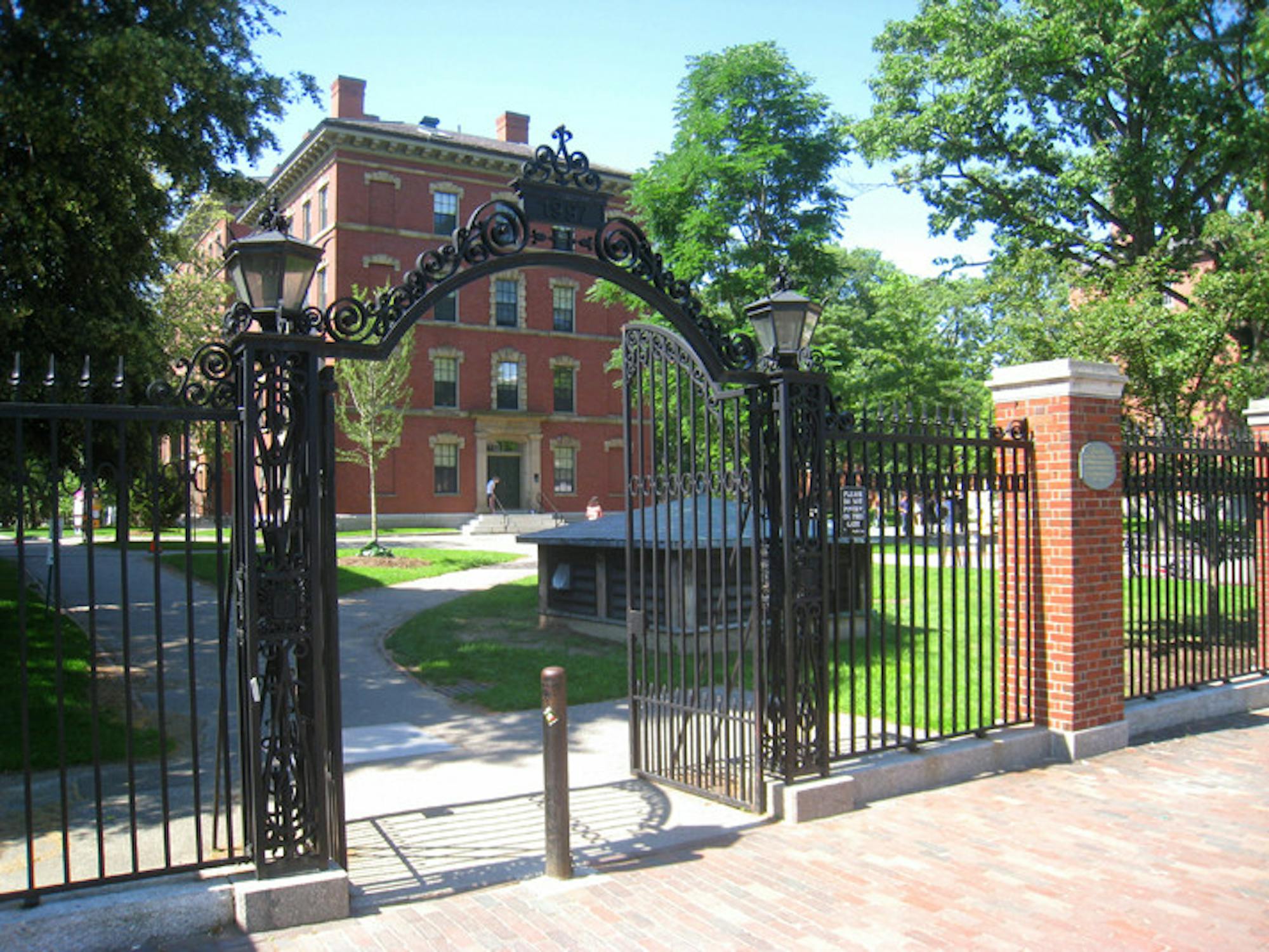College is a tricky time, a careful balance between the stubborn rebellion of high school, where you can scream at your parents one morning and peacefully eat dinner with them that night, and the calculated realities of adulthood, where you have to find a job and deal with a never-ending list of responsibilities that take over your life. It's a time when you figure out who you are and who you're not; for the characters of Robin Kirman's "Bradstreet Gate," just released in paperback, it's the time that defines the next 10 years of their lives.
"Bradstreet Gate" revolves around three students at Harvard — Georgia, Charlie and Alice — and how the murder of a classmate just before their graduation comes to influence their lives. Georgia is the daughter of a well-known photographer, and she possesses striking looks and a free spirit. Charlie is the ambitious son of working-class parents and wants nothing more than to leave his roots behind and make a name for himself among the elites of the business world, in addition to trying to win Georgia's heart. Finally, Alice is the sharp-tongued daughter of Serbian immigrants, determined to make herself the girl that everyone knows and leaves a devastated series of personal relationships in her wake, eventually including her friendship with Georgia. The trio are forced to question what they always thought to be true when a student turns up strangled and Rufus Storrow, a controversial professor who's been secretly carrying on an affair with Georgia, is the prime suspect in the murder. Over the next 10 years, as they drift as far as New York, Palo Alto and India, Storrow and the question of his guilt continue to haunt all three.
There's real potential here, but “Bradstreet Gate” ultimately wants to be two things at once: a fast-paced mystery and a deep character study, and it doesn't quite succeed at either. First of all, the fact that the story is spread out over the course of many years saps the tension out of the mystery and there are few, if any, plot twists or clues. Kirman seems intent on cloaking all the details surrounding the death of Julie Patel, the student who antagonized Storrow and ended up dead, in a thick aura of ambiguity. There's no sense that the mystery plot is actively moving towards a conclusion or that its characters are even invested in the murderer's identity. Of course, a mystery novel doesn't have to give its readers all the answers, as Tana French's superb “In the Woods” proves, but it does have to give the readers a few answers and some sense of resolution by the novel's end.
Moreover, the character development also seems to evade certainty. Georgia, the troubled and beautiful girl with an unstable relationship with her father, can come off like a stock type, especially in the earlier sections of the novel where she embarks on her affair with Storrow. Charlie, all brash ambition and awkwardness, can feel similarly flat. It'd be great to see more of his relationship with his once-idolized younger brother or with the woman he dated for years, but the plot appears to switch from his character just when there's an opportunity to go deeper. It's ultimately fiery, messy Alice who emerges as the most interesting character, even from the scattered bits we get of her. There's never enough detail to make these characters really leap off the page, and if plot momentum is going to be sacrificed for character development, they need to be real enough to make the reader care deeply about them. Perhaps this book suffers the most from its advertised comparisons to Donna Tartt's “The Secret History,” which plunges straight into the darkness that "Bradstreet Gate" narrowly sidesteps.
There's hints of potential throughout, however, with well-turned phrases and clever observations of the elitist nature of American private education, like the Indian family that wants Georgia to help get its son into Harvard. "Bradstreet Gate" may not be entirely successful, but I'm curious to see what Kirman might produce next.
Robin Kirman explores Harvard's unhallowed halls in 'Bradstreet Gate'

The Bradstreet Gate at Harvard University, which is the namesake for Robin Kirman's novel.
Summary
Despite potential, 'Bradstreet Gate' fails to form a cohesive whole
2 Stars





